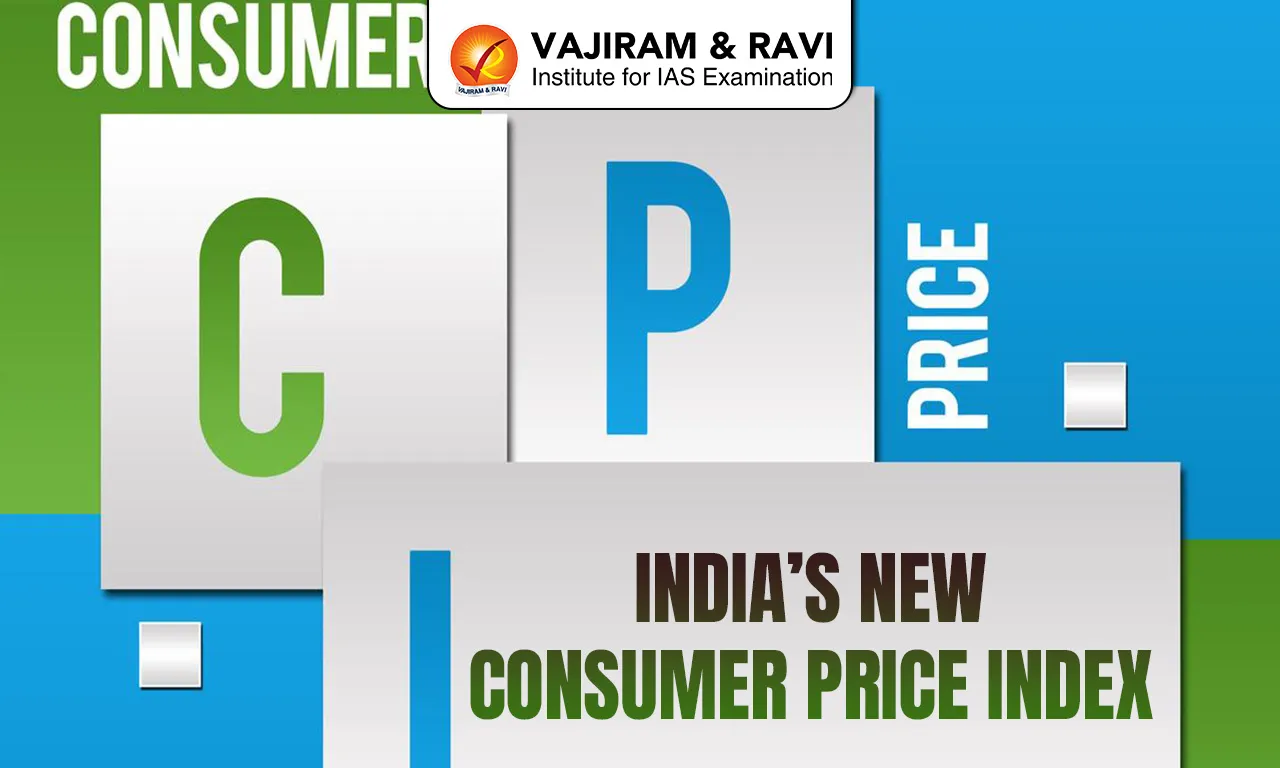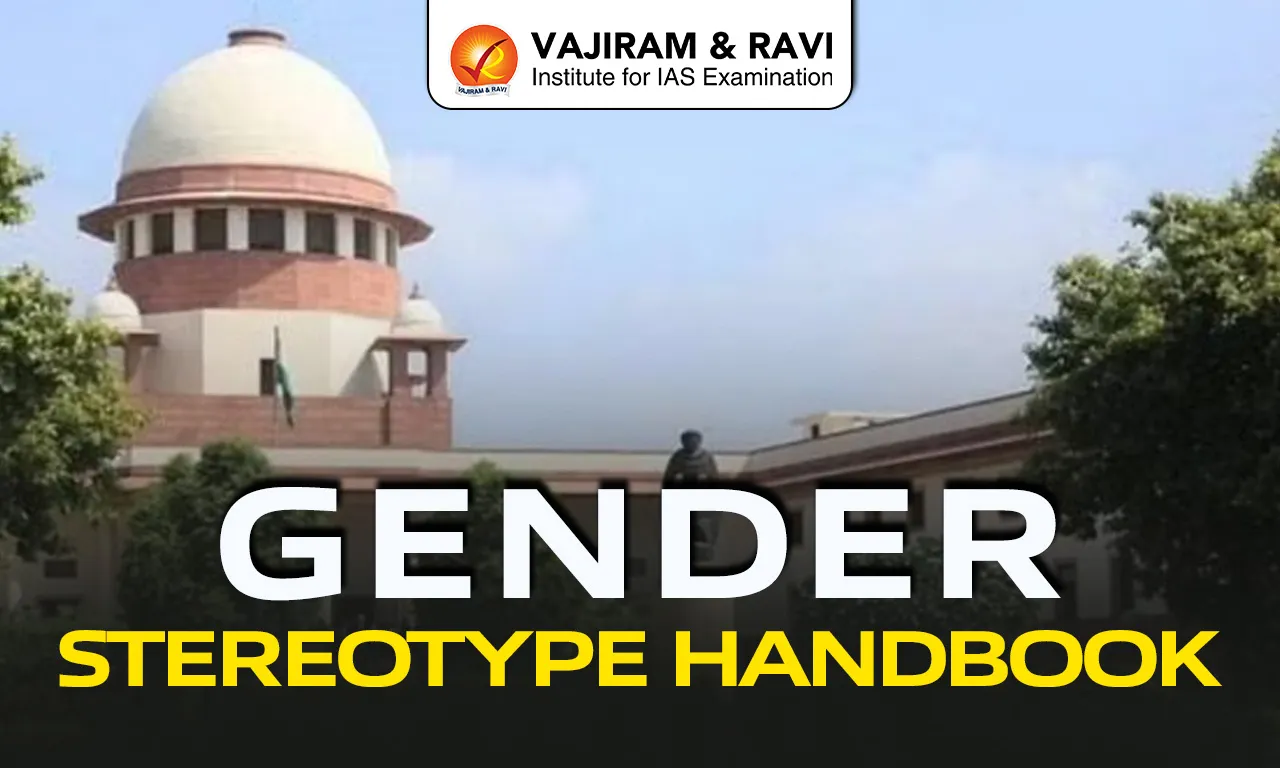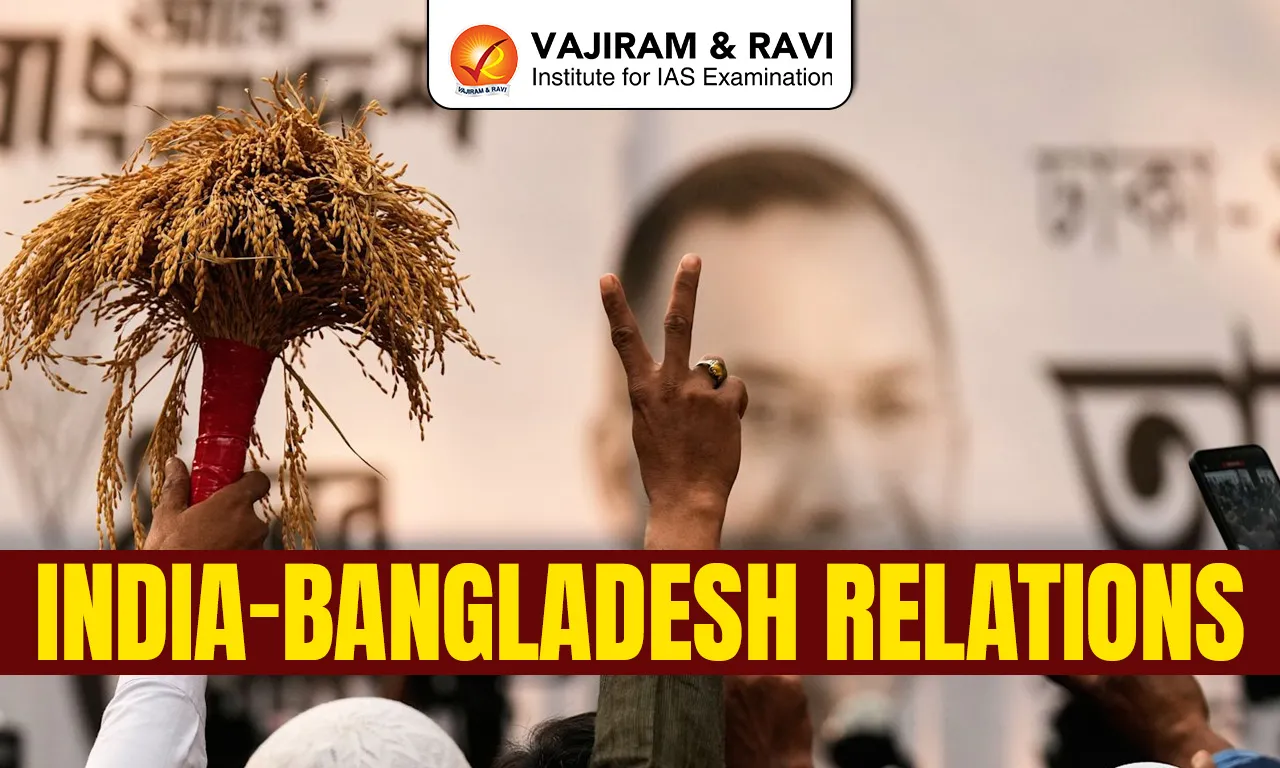What’s in today’s article?
- Why in news?
- What is Central Bureau of Investigation (CBI)?
- Criticism of CBI
- News Summary: CBI’s Diamond Jubilee Celebrations
- Key highlights of the speech delivered by PM Modi at CBI’s Diamond Jubilee Celebrations
Why in news?
- The Prime Minister, Shri Narendra Modi inaugurated the Diamond Jubilee Celebrations of the Central Bureau of Investigation (CBI) at Vigyan Bhawan in New Delhi.
- The Central Bureau of Investigation was established by a resolution of the Ministry of Home Affairs, Government of India dated 1st April 1963.
What is Central Bureau of Investigation (CBI)?
- About
- The Central Bureau of Investigation (CBI) is the premier investigative agency of India.
- The agency was established in 1963 by the Indian government as a result of the recommendation of the Santhanam Committee.
- CBI is not a statutory body. It derives its power to investigate from the Delhi Special Police Establishment Act, 1946.
- Control
- It operates under the jurisdiction of the Ministry of Personnel, Public Grievances and Pensions (which in turn operated under PMO).
- However, for investigation of offences under the Prevention of Corruption Act, CBI vests superintendence to the Central Vigilance Commission.
- Functions
- Initially, it was set up to investigate corruption in government departments and public sector undertakings.
- However, over the years, its jurisdiction has expanded to cover a wide range of cases, including economic offenses, cyber-crimes, organized crimes, and special crimes.
Criticism of CBI
- Guided By Pre-independence Act:
- The CBI is still guided by DPSE Act 1946, whose provisions hamper the accountability and autonomy of the institutions.
- In 2013, the Guwahati HC, in a judgement, had termed CBI as unconstitutional as it has no statutory backing.
- It was later stayed by the Supreme Court.
- Politically inclined
- There have been instances where CBI has been politically biased as it is vulnerable to undue political pressure.
- During the coal block investigation, the CBI was asked to share the findings with the government.
- The carrot of post-retirement benefit makes CBI chief prone to toeing the lines of incumbent government.
- The image of a premier investigating agency suffered a serious setback when the Supreme Court of India termed CBI as caged parrot with many masters.
- Delays in case solving
- It shows the inefficiency and inefficacy of this top most investigating agency of India.
- Corruption and Nepotism
- Ex-CBI director Joginder singh in his book revealed about the prevalent corruption and nepotism within the agency.
- Turf war
- In 2019, the agency was involved in turf war between its director and its special director. Both had accused each other of corruption and money laundering.
News Summary: CBI’s Diamond Jubilee Celebrations
- PM Modi addressed the gathering on the occasion of the Diamond Jubilee Celebrations of CBI.
- He released a Postage Stamp and Commemorative Coin marking the Diamond Jubilee Celebration year of CBI and also launched the Twitter handle of CBI.
Key highlights of the speech delivered by PM Modi at CBI’s Diamond Jubilee Celebrations
- Corruption is not an ordinary crime
- Corruption is not an ordinary crime, it snatches the rights of the poor, it begets many other crimes, corruption is the biggest obstacle in the path of justice and democracy.
- Corruption promotes nepotism and a dynastic system which erodes the nation’s strength, seriously hampering development.
- Corruption in the government system hampers democracy and the first casualty are the dreams of the youth.
- It does so by killing the talent.
- Highlighted the steps taken by the government to bring transparency
- GeM (Government eMarketplace) Portal has been established.
- This is to ensure transparency in making purchases in every department of the central government.
- The Fugitive Economic Offenders Act has so far enabled confiscation of properties worth Rs 20,000 crore belonging to fugitive offenders.
- Owing to the Direct Benefit Transfers, over 8 crore fake beneficiaries were taken off the list and about ₹2.25 lakh crore was saved.
- Interviews were abolished in the Group C and Group D services. Urea-related scams were tackled by “neem-coating” of urea.
- GeM (Government eMarketplace) Portal has been established.
- Gave suggestion
- PM Modi told the agency that best international practices should be adopted.
- He stressed the need to eliminate silos between different agencies, study the multinational nature of crime and corruption, and expand the use of forensic science and technological tools in investigations.
Q1) What is Central Vigilance Commission (CVC)?
The Central Vigilance Commission (CVC) is an independent governmental agency established in India in 1964 to address the issue of corruption in the public sector. It is responsible for monitoring all matters related to corruption in the public sector, advising and guiding central government agencies in preventing corruption, and conducting inquiries into corruption allegations against public servants.
Q2) What is Delhi Special Police Establishment Act, 1946?
The Delhi Special Police Establishment Act, 1946 is an Indian law that established the Central Bureau of Investigation (CBI), which is India’s premier investigative agency. The act was enacted on April 1, 1946, and was later amended in 1963, 1971, 1985, 1991, and 2003.
Source: Corrupt tarnish image… don’t stop, spare no one: PM Modi to CBI | PIB | The Hindu
Last updated on February, 2026
→ UPSC Notification 2026 is now out on the official website at upsconline.nic.in.
→ UPSC IFoS Notification 2026 is now out on the official website at upsconline.nic.in.
→ UPSC Calendar 2026 has been released.
→ Check out the latest UPSC Syllabus 2026 here.
→ Join Vajiram & Ravi’s Interview Guidance Programme for expert help to crack your final UPSC stage.
→ UPSC Mains Result 2025 is now out.
→ UPSC Prelims 2026 will be conducted on 24th May, 2026 & UPSC Mains 2026 will be conducted on 21st August 2026.
→ The UPSC Selection Process is of 3 stages-Prelims, Mains and Interview.
→ Prepare effectively with Vajiram & Ravi’s UPSC Prelims Test Series 2026 featuring full-length mock tests, detailed solutions, and performance analysis.
→ Enroll in Vajiram & Ravi’s UPSC Mains Test Series 2026 for structured answer writing practice, expert evaluation, and exam-oriented feedback.
→ Join Vajiram & Ravi’s Best UPSC Mentorship Program for personalized guidance, strategy planning, and one-to-one support from experienced mentors.
→ UPSC Result 2024 is released with latest UPSC Marksheet 2024. Check Now!
→ UPSC Toppers List 2024 is released now. Shakti Dubey is UPSC AIR 1 2024 Topper.
→ Also check Best UPSC Coaching in India






















